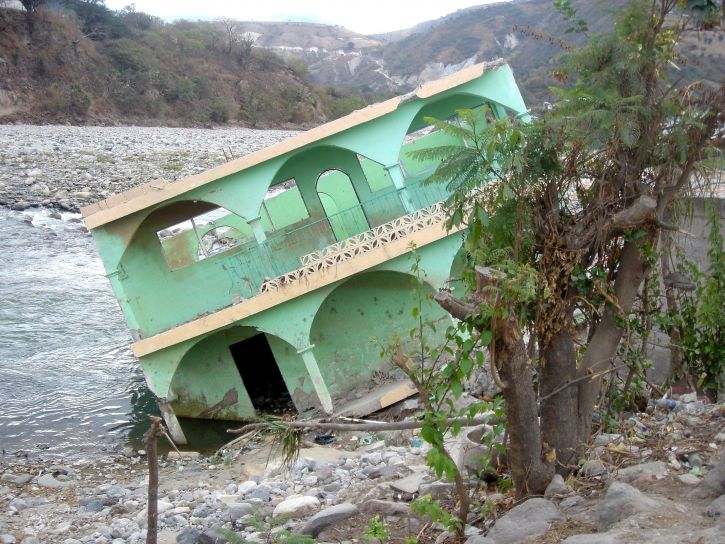Countries in Latin America and the Caribbean have sought to develop deep and well-functioning domestic bond markets since the beginning of the 21st century—a reaction in part to the financial crises of the 1990s and their relationship to government borrowing abroad, mainly in foreign currencies. As a result, the outstanding level of marketable public debt issued under domestic … [Read more...] about Developing Domestic Bond Markets for Growth and Stability
#bonds
Basel III and Financial Reforms: What Should Emerging Economies Do?
The 1988 Basel I Accord created a level playing field for international banks in terms of a minimum recommended amount of capital.[1]It was probably the most successful financial standard ever conceived. More than 100 countries claimed to have implemented the agreement, and in many countries it was applied to all banks. Basel II was agreed upon in 2004. Many of its 216 pages … [Read more...] about Basel III and Financial Reforms: What Should Emerging Economies Do?
Natural Disaster Insurance: Why Don’t More Countries Have It?
They are whipped by hurricanes, lashed by storms and crippled by earthquakes. A report compiled by the United Nations, taking into account exposure to natural events and a society's response, found four nations of the region (Guatemala, Costa Rica, El Salvador, and Nicaragua) to be among the world's 15 nations most at risk from natural disasters. Nonetheless, few countries in … [Read more...] about Natural Disaster Insurance: Why Don’t More Countries Have It?



